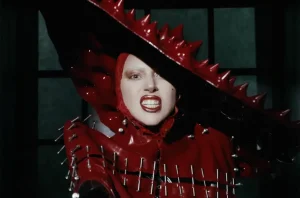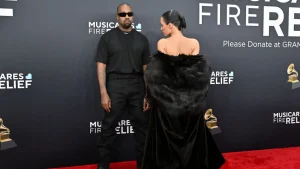
Photo by Neil Lupin
The rise of artificial intelligence and its growing capabilities within the music industry has prompted concerns from many legendary musicians. Queen guitarist Brian May, known for his innovative work on the Red Special guitar, has acknowledged that AI will vastly transform the landscape within the next year.
While AI lacks the creative spark and hands-on skills to build a unique instrument as May did, its ability to mimic musical styles has disrupted how we define artistic ownership. In a recent interview, May expressed apprehension around authorship in an era where AI compositions could be mistaken for human works. As someone with scientific expertise from his astrophysics background, May recognizes AI’s problem-solving benefits but cautions about potential downsides if oversight is lacking.

Others in the industry echo similar worries. Renowned Living Colour guitarist Vernon Reid pointed to AI’s power to challenge our uniqueness as individuals. In a Rolling Stone podcast, Reid questioned whether music platforms could artificially create and promote artists solely to boost engagement, sidelining real musicians. Both veterans believe the next year will prove pivotal as AI integration accelerates.

However, Reid maintained optimism that modeling a player’s feelings through techniques like string bends or vibrato remains difficult. The human touch adds an intangible soul that algorithms struggle to replicate. While acknowledging AI progress, he held hope that heartfelt, improvisational skills define true virtuosos rather than demonstrative skill alone.
As tech reshapes an industry, likening music to other domains shows its impact draws less concern than political or military AI risks. Still, preserving creative control and artistic spirit matters deeply to legendary artists who shaped music through self-expression rather than calculation. Their voices will guide how the relationship between man and machine resonates in years to come.






